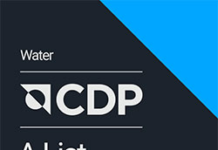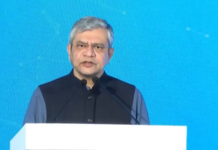One of the UK’s leading print-on-demand companies believes the service should be embraced by publishers wanting to drive down costs and lower their environmental footprint. Prime, part of the Precision Proco Group, has cornered the market in its fully automated print-on-demand system, which customers across various sectors have widely embraced.
And now the company believes it is a model that should be adopted by the publishing world, allowing it not just to produce the books it needs and to be able to restock quickly if needed but also to ship directly to the customer.
An estimated 77 million books are pulped each year in the UK alone, and while in some cases this is recycled, a proportion is destroyed or discarded.
Tolley highlights the benefits of print on demand
Jon Tolley, Chief Innovation Officer at Precision Proco Group, believes that waste could be slashed with no adverse effects to the customer by simply utilizing what print on demand has to offer.
“Despite being able to read on electronic devices, people still love and prefer the feeling of having a book in their hands,” said Jon. “But there’s no doubt that every step of the production process has an environmental cost, particularly if the book ends up in a pulper because it hasn’t sold.”
“By using digitalization and technology, it means there’s the opportunity to take a completely different approach, replacing the outdated print-to-projection model with a print-to-possibility mindset.” Book publishers take a gamble on sales every time a book is brought to market, particularly from a first-time author with no real idea of how it will be received.
“Using print on demand carries a far smaller financial risk, allowing publishers to print in smaller quantities, even with special embellishments to the cover or jacket, but with the option to quickly replenish that stock if it becomes a bestseller,” said Jon.
Print on demand also brings the opportunity for publishers to cash in on frontlist and backlist titles, allowing them to be delivered to the reader. “It means that there will never be a time when anyone has to stay out of print ever again, added Jon.

















